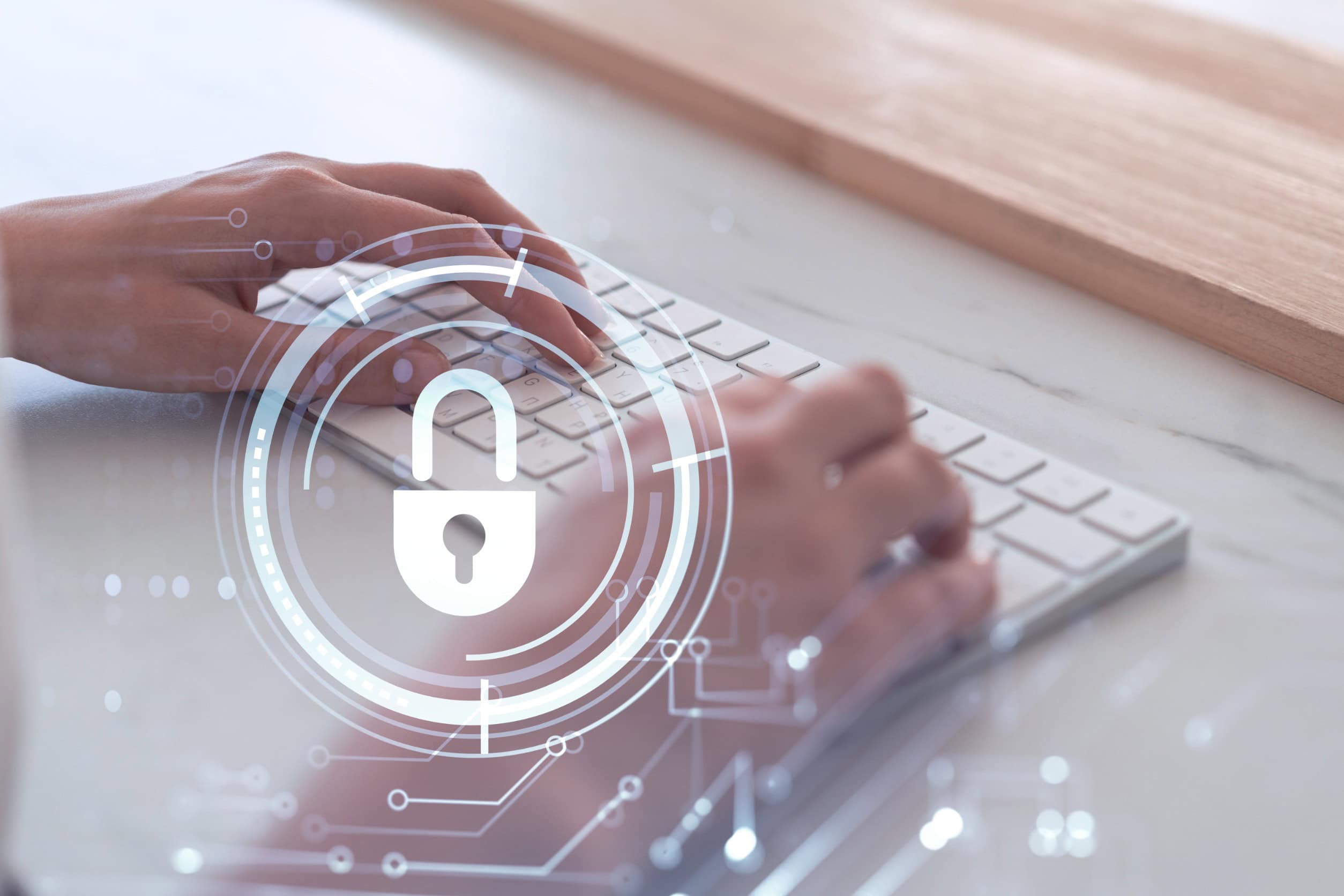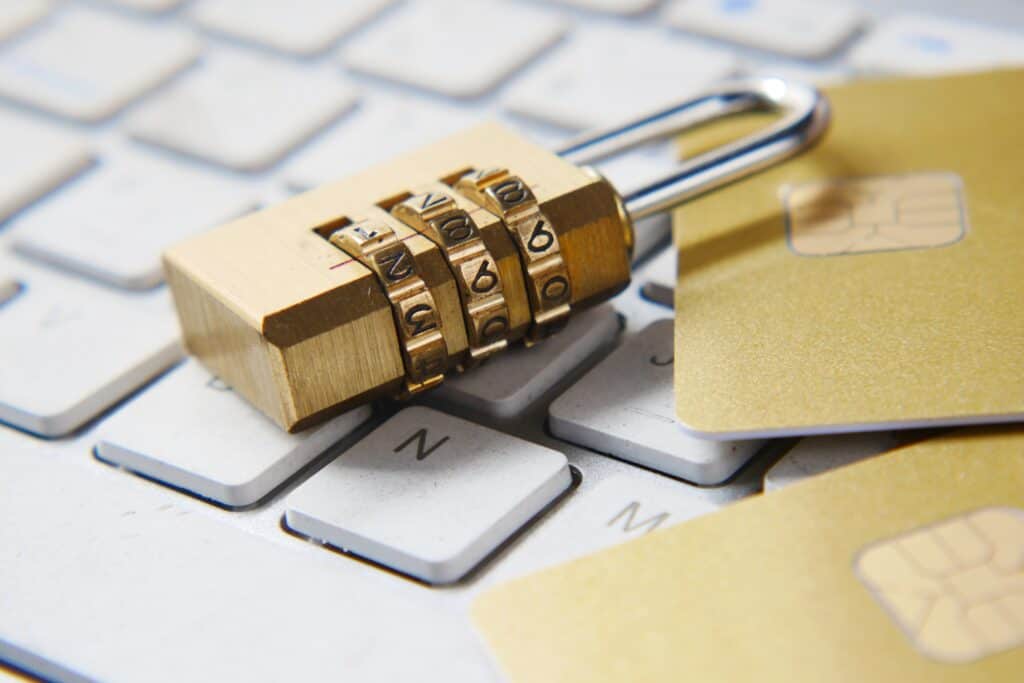Cyberthreats are evolving, becoming more sophisticated, and increasingly targeting small to medium businesses (SMBs). Despite these growing risks, a lot of SMBs still struggle to put good cybersecurity measures in place.
Let’s break down the importance of cybersecurity, the roadblocks you as an SMB might face, and actionable tips to strengthen your cybersecurity and keep your business safe.
Why Cybersecurity Is Important for SMBs
If you’re considering whether or not cybersecurity is worth investing in, consider how it can help in the following ways:
Protecting Sensitive Data
All businesses, including SMBs, handle sensitive data, including customer information, financial records, and proprietary business details. A data breach can lead to significant financial losses, legal repercussions, and a damaged reputation. Safeguarding this data helps maintain customer trust.
Compliance Requirements
Many industries have stringent regulatory requirements regarding data protection. Non-compliance can result in hefty fines and penalties. Having strong cybersecurity measures in place helps your business comply with regulations such as GDPR, HIPAA, and CCPA.
Business Continuity
Cyberattacks can disrupt operations, leading to downtime and a loss of productivity. For SMBs, even a short period of downtime can be devastating. Effective cybersecurity practices help prevent attacks and let your business remain operational even in the face of threats.
Competitive Advantage
Demonstrating strong cybersecurity practices can set your business apart from competitors. Customers and partners are more likely to trust and engage with companies that prioritize the security of their data.
Challenges SMBs Face in Implementing Cybersecurity
If you haven’t implemented cybersecurity into your business, it’s likely for one of the following reasons:
- Limited Resources: Many SMBs operate on tight budgets and cannot afford to hire dedicated cybersecurity professionals or invest in expensive security tools. This limitation often leaves them vulnerable to cyberthreats.
- Lack of Awareness: Cybersecurity is a complex and ever-evolving field. SMB owners and employees may lack the knowledge and training to identify and lessen cyber risks. This gap in awareness can lead to oversight and poor security practices.
- Prioritization of Other Business Needs: SMBs often prioritize immediate business needs, such as sales and customer service, over cybersecurity. While these areas are important, neglecting cybersecurity can lead to severe consequences.
- Evolving Threat Landscape: Cyberattacks constantly change, and staying updated with the latest security measures can be challenging. SMBs might find it difficult to keep pace with these changes without adequate resources and expertise.
Top Cybersecurity Tips to Keep Your Business Safe
To truly keep your business—and its data—safe, give these twelve cybersecurity tips a try:
Educate and Train Employees
Regularly educating and training your employees on cybersecurity awareness and best practices can significantly reduce the risk of cyber incidents. Training should cover topics such as recognizing phishing emails, using strong passwords, and safely handling sensitive information. Regular refreshers and updates can help keep cybersecurity top-of-mind.
Implement Strong Password Policies
Weak passwords are an open invitation for cybercriminals. Implementing strong password policies, such as requiring complex passwords and regular updates, can enhance your security. Encourage the use of password managers to store and generate secure passwords, making it easier for employees to adhere to best practices without compromising convenience.
Use Multi-Factor Authentication (MFA)
MFA adds an extra layer of security by requiring users to verify their identity through multiple methods, such as a password and a code sent to their phone. This significantly reduces the risk of unauthorized access. Implement MFA for all systems and applications to bolster your defenses.
Keep Software Updated
Outdated software can have vulnerabilities that cybercriminals exploit. Regularly updating your software, including operating systems, applications, and security tools, gives you the latest security patches and protection against known threats. Automated update management tools can simplify this process as well.
Regularly Backup Data
Regular data backups can make a big difference in the time it takes to recover from ransomware attacks and other data loss incidents. These backups should be stored securely and tested periodically to guarantee they can be restored when needed. Use both local and cloud-based backups for added redundancy and faster recovery times.
Use Firewalls and Antivirus Software
Firewalls act as a barrier between your network and potential threats, while antivirus software detects and removes malicious software. Check that these tools are properly configured and updated regularly to address new vulnerabilities and threat patterns.
Secure Your Wi-Fi Networks
Unsecured Wi-Fi networks can be a gateway for cybercriminals, so protect your Wi-Fi networks with strong passwords and encryption. Consider setting up a separate network for guests to prevent unauthorized access to your main business network. Regularly review and update your Wi-Fi security settings to keep pace with evolving threats.
Limit Access to Sensitive Information
Not all employees need access to all the data. Implement role-based access controls so that employees only have access to the information necessary for their job. This minimizes the risk of data breaches caused by insider threats or compromised accounts. Regularly review access permissions to keep them in sync with current roles and responsibilities.
Conduct Regular Security Audits
Regular security audits help identify vulnerabilities in your systems and processes. Conducting these audits allows you to address weaknesses before they can be exploited by cybercriminals. Consider hiring external cybersecurity experts to perform thorough assessments and provide unbiased recommendations for improvement.
Develop an Incident Response Plan
Despite your best efforts, cyberattacks can still occur. Having a well-defined incident response plan helps your business react swiftly and effectively to minimize damage. Your plan should include steps for identifying, containing, and recovering from security breaches. Regularly update and test your incident response plan so that it remains effective.
Monitor Network Activity
Constantly monitoring network activity helps detect suspicious behavior early. Use intrusion detection systems (IDS) and intrusion prevention systems (IPS) to monitor and analyze traffic, while also identifying potential threats. Set up alerts for unusual activities and conduct regular reviews to check that your monitoring systems are working effectively.
Foster a Security Culture
Encourage employees to report potential security threats and reward proactive behavior. Regularly communicate the importance of cybersecurity and make it a core part of your business operations. Leadership should model good cybersecurity practices to set a positive example.
Managing cybersecurity can be complex and time-consuming. Luckily, our team at CMIT North Oakland & Walnut Creek can help. We provide comprehensive cybersecurity and IT solutions tailored to your business and its needs, so you don’t pay for extras you’ll never use and can keep your business safe. Contact us today to get started!





